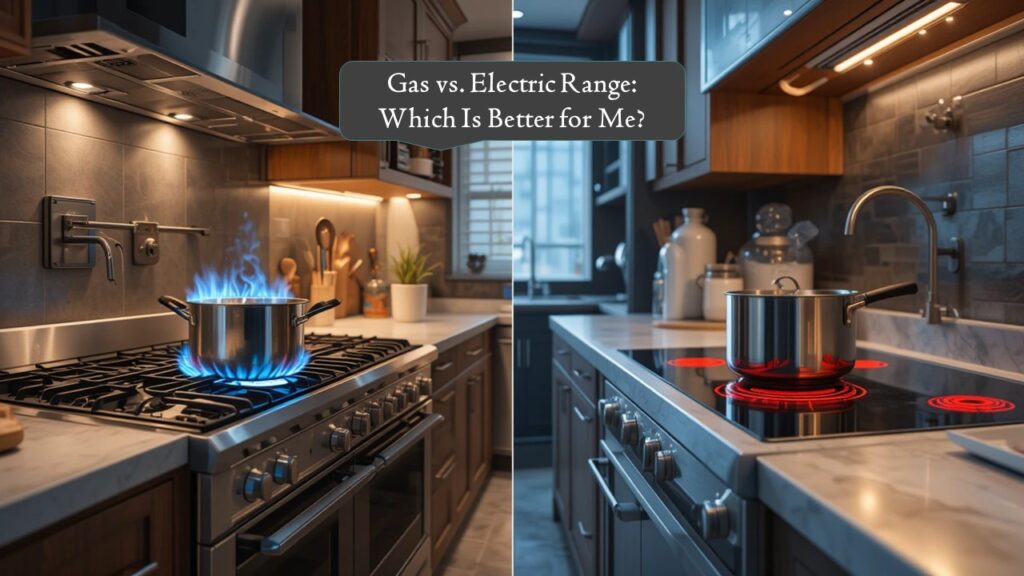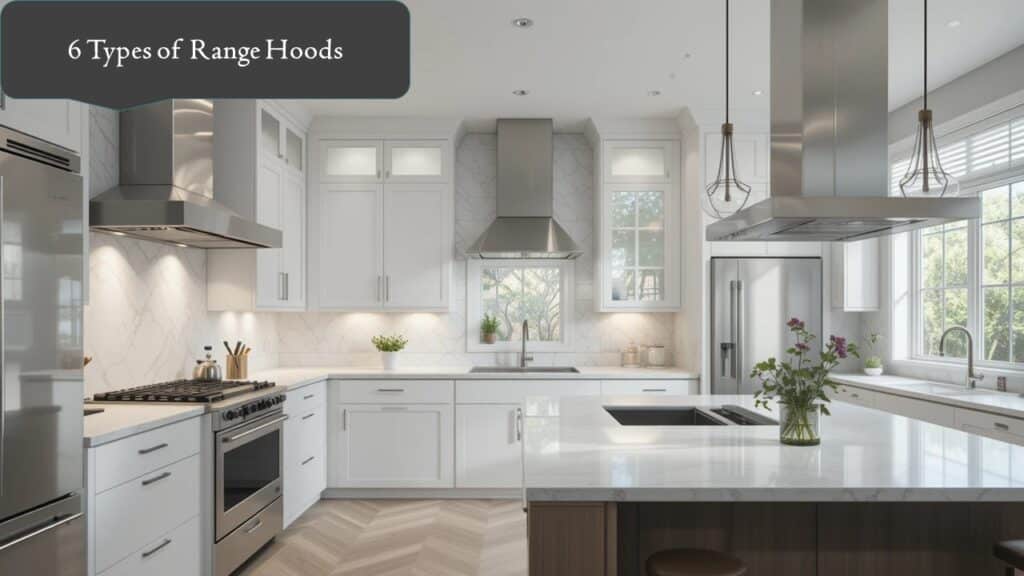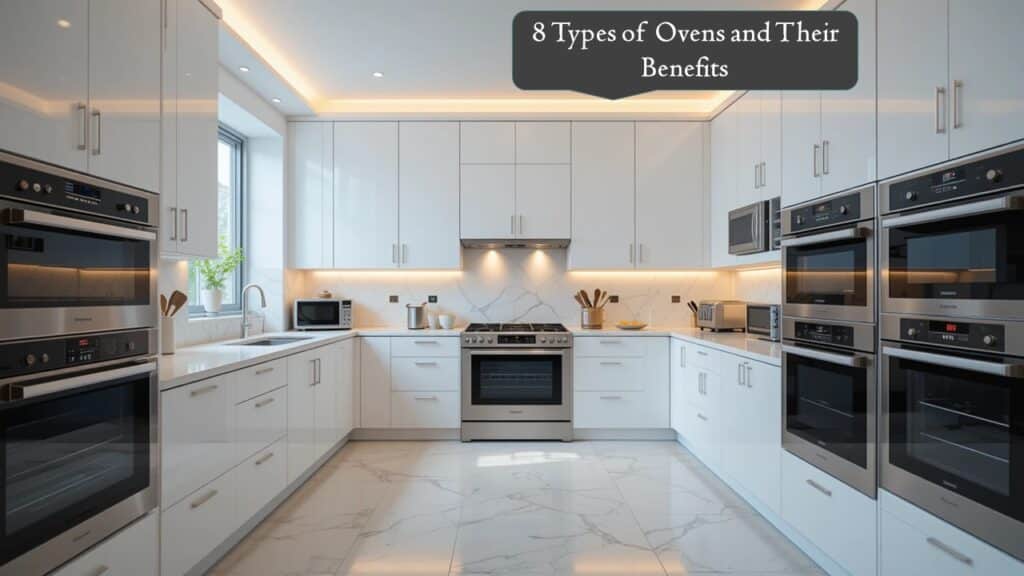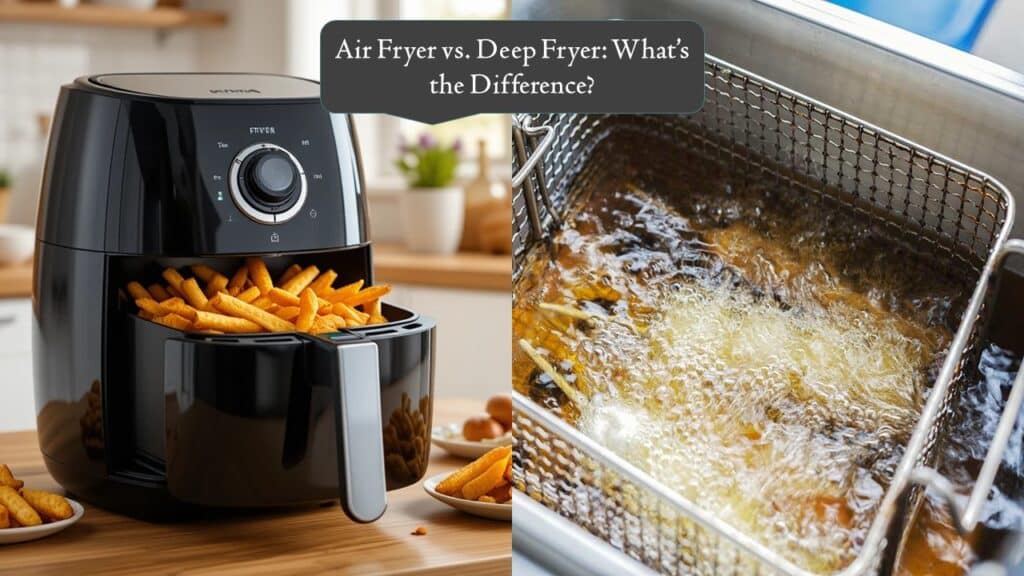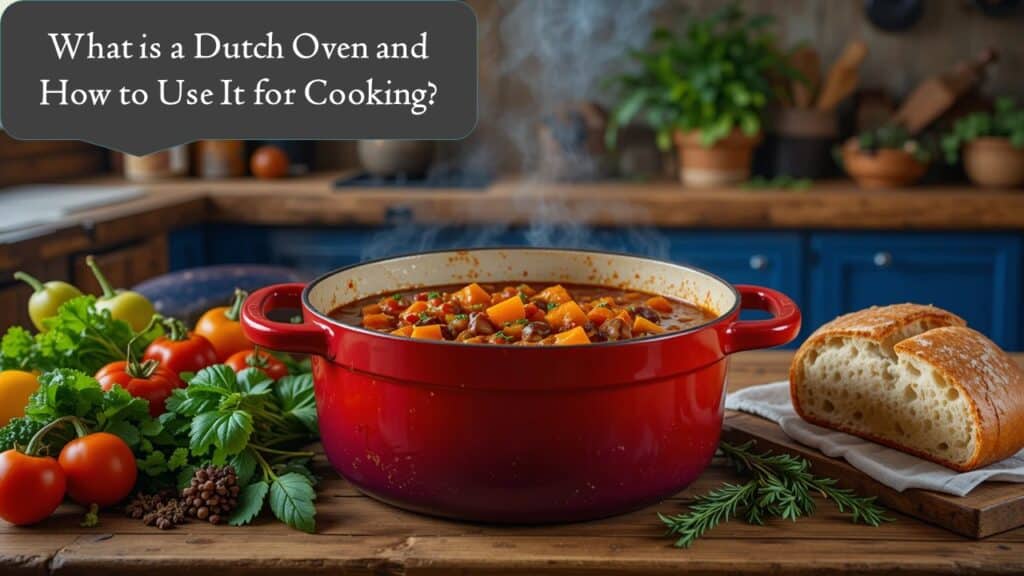When it comes to choosing a new cooking range, one of the first decisions you’ll need to make is whether to go with gas or electric. Both options have their unique advantages and drawbacks, and the right choice largely depends on your cooking style, budget, kitchen setup, and personal preferences. If you’re wondering which one is better for you, this guide breaks down everything you need to know about gas vs. electric ranges to help you make an informed decision.
Understanding the Basics
Before diving into comparisons, let’s start with the basics:
- Gas Range:
A gas range uses natural gas or propane to power both the stovetop burners and the oven. They require a gas line connection, and many home chefs love them for their precise temperature control and instant heat. - Electric Range:
An electric range relies on electricity to power both the oven and the stovetop. These models typically have either exposed coil burners or smooth glass-ceramic cooktops and often come with advanced cooking features.
Pros and Cons of Gas Ranges
Pros ✅
- Instant Heat Control:
Gas burners heat up instantly and allow you to adjust temperatures quickly, giving you more precision when cooking delicate dishes. - Visual Heat Indicators:
The visible flame makes it easy to gauge the heat level and see when the burner is on. - Better for High-Heat Cooking:
If you love stir-frying, searing, or cooking over open flames, gas ranges are perfect. - Lower Energy Costs (in Some Areas):
Natural gas can be cheaper than electricity, helping you save on energy bills over time. - Works During Power Outages:
Gas stoves can still function even if the power is out, making them reliable in emergencies.
Cons ❌
- Higher Upfront Cost:
Gas ranges often cost more to buy and install, especially if you don’t already have a gas line. - More Maintenance:
Gas burners and grates can be harder to clean than flat electric cooktops. - Safety Concerns:
Gas leaks can be dangerous if not properly managed, and open flames pose a fire hazard.
Pros and Cons of Electric Ranges
Pros ✅
- Easier to Clean:
Smooth glass or ceramic cooktops are easy to wipe down, and there are no burner grates to remove. - Even Heat Distribution:
Electric ovens are known for consistent, even baking, making them ideal for baked goods. - More Affordable Upfront:
Electric ranges are typically less expensive than gas ranges and easier to install since they only require a standard electrical connection. - Modern Features:
Many electric ranges come with advanced features like convection baking, smart technology, and induction cooking options.
Cons ❌
- Slower Heat Response:
Electric burners take longer to heat up and cool down, making temperature adjustments slower. - Higher Energy Costs (in Some Areas):
Electricity is often more expensive than natural gas, which may increase your long-term cooking costs. - Won’t Work During Power Outages:
Electric ranges are useless during a blackout, which can be inconvenient.
Side-by-Side Comparison
| Feature | Gas Range | Electric Range |
| Heat Control | Instant, precise | Slower to adjust |
| Cooking Speed | Fast heat-up | Slightly slower |
| Oven Performance | Good for roasting | Better for even baking |
| Ease of Cleaning | More effort (grates, burners) | Easy (smooth cooktop) |
| Installation | Requires gas line | Standard electrical outlet |
| Cost | Higher upfront | More affordable |
| Energy Costs | Lower in gas-favored regions | Higher in electricity-favored regions |
| Reliability in Outages | Works without electricity | Needs power to function |
Which One Is Better for You?
The choice between a gas and electric range ultimately comes down to your cooking habits, budget, and kitchen setup. Here’s a quick guide:
- Choose Gas If:
- You love precise heat control for complex cooking.
- You already have a gas line in your kitchen.
- You want a range that will work during power outages.
- You enjoy high-heat cooking techniques like stir-frying or searing.
- Choose Electric If:
- You prefer a modern, easy-to-clean cooktop.
- You’re an avid baker who needs even oven heating.
- You’re on a tighter budget and want a simpler installation.
- You value advanced cooking features and smart technology.
Final Thoughts:
Both gas and electric ranges have their strengths, so the best option for you depends on your lifestyle. If you’re a passionate cook who loves instant temperature control, a gas range might be worth the investment. On the other hand, if you’re looking for affordability, convenience, and great baking performance, an electric range could be the better choice.
No matter which one you choose, consider factors like installation costs, energy prices in your area, and your cooking preferences to make the best decision.

